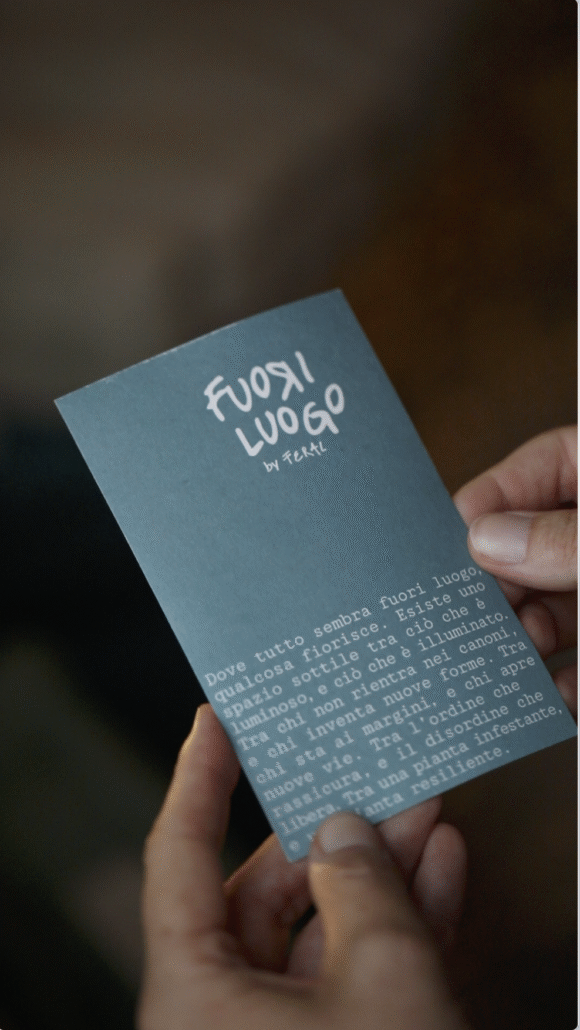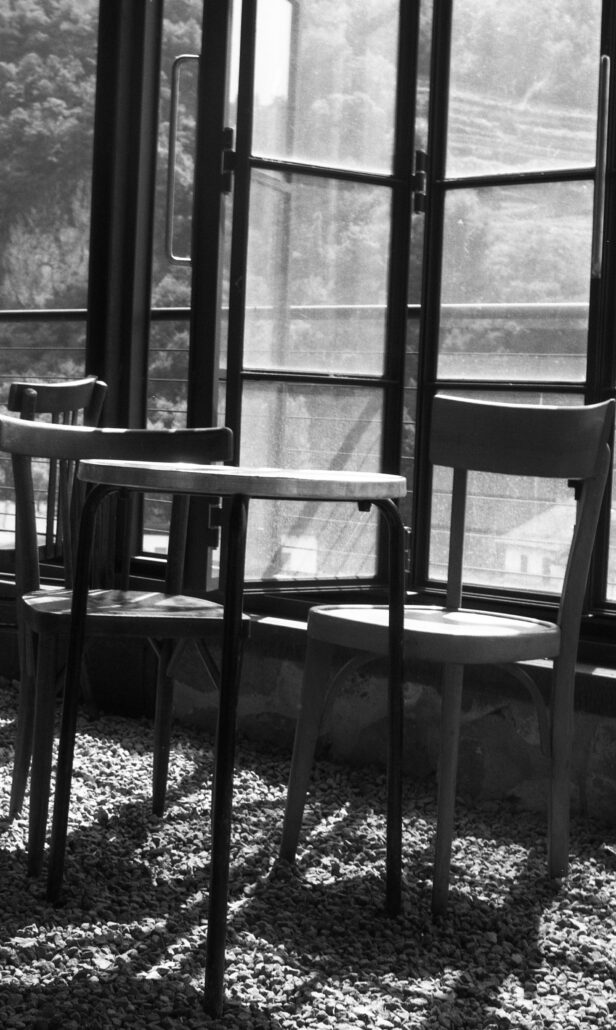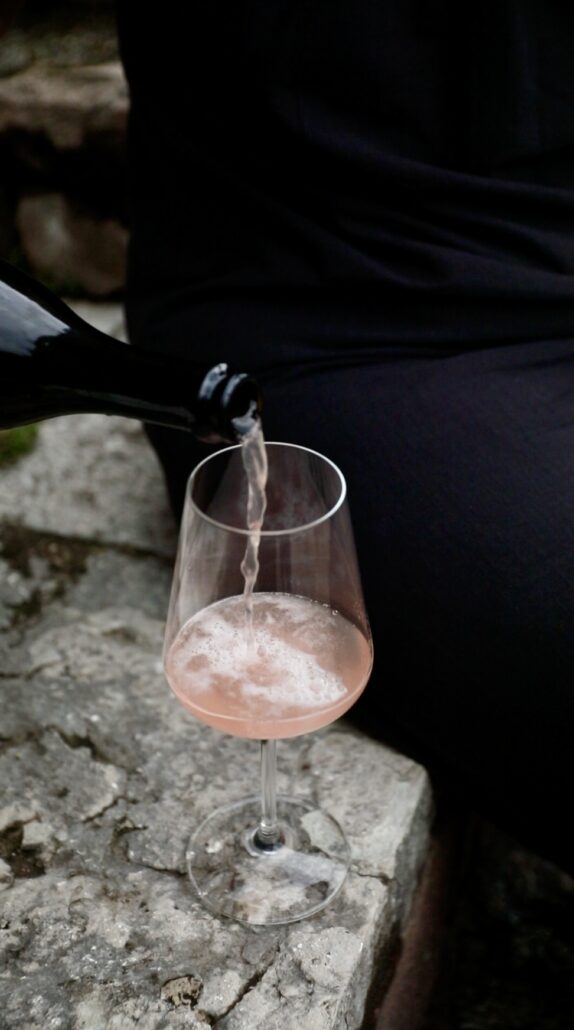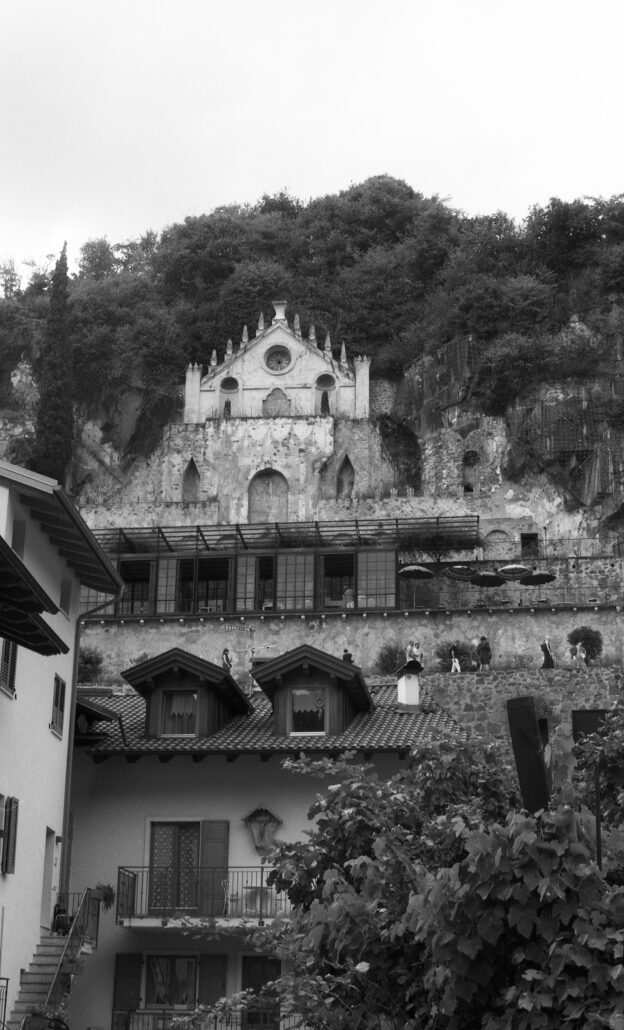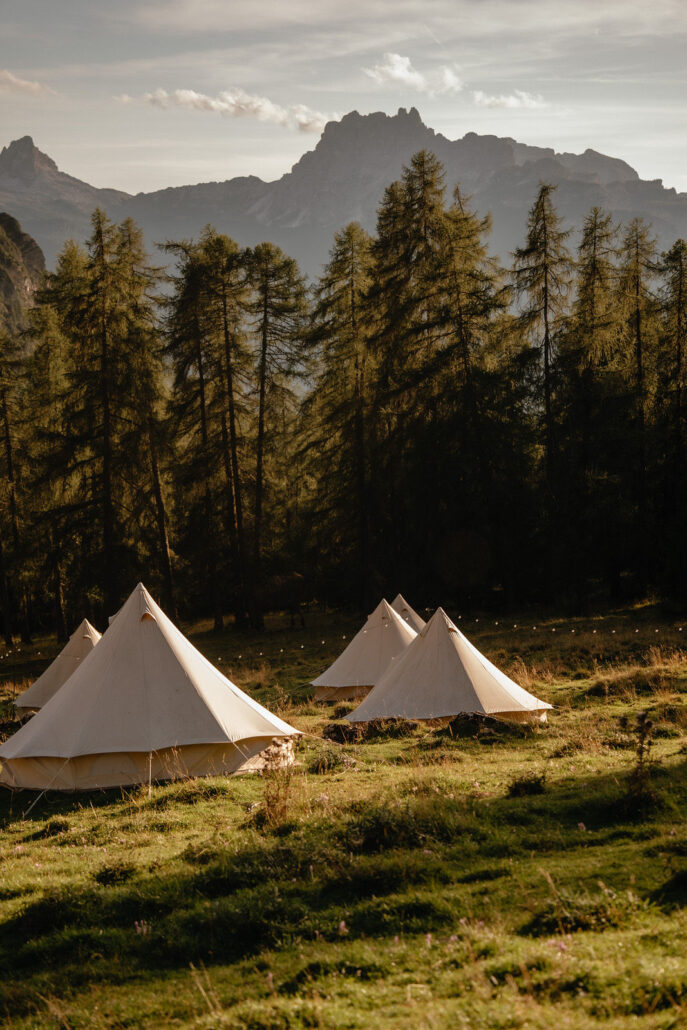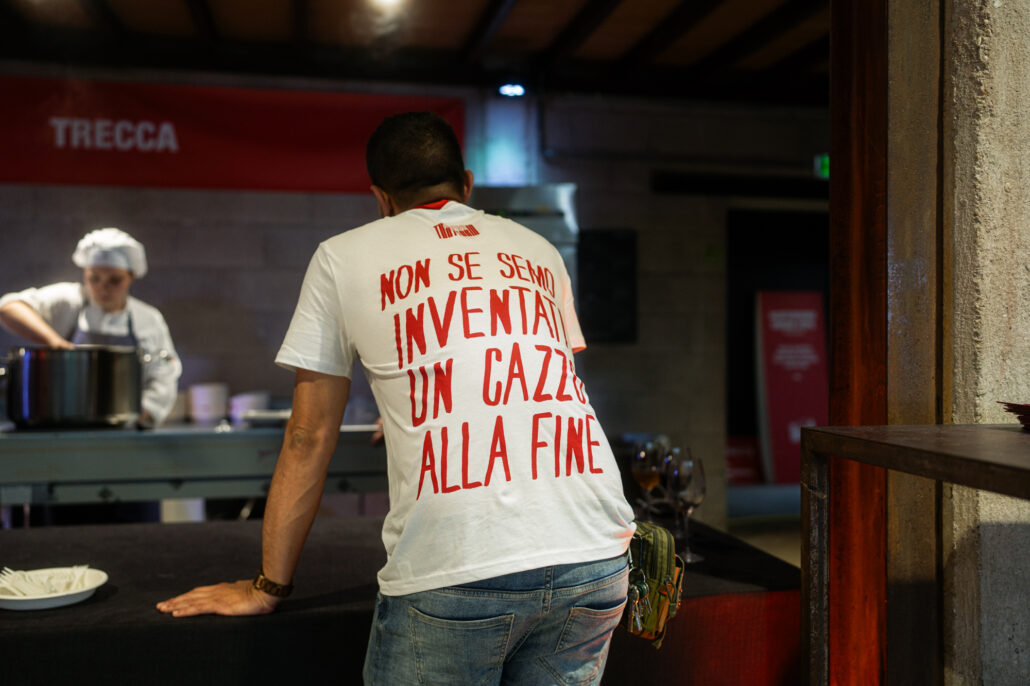Weed (noun) – A plant that is considered undesirable, troublesome, or of no agricultural value, often growing where it is not wanted and competing with cultivated plants for nutrients, water, space, and light.
This is how the dictionary defines it. And, in a way, it’s also how we’ve come to understand that word: something that shouldn’t be there, something awkward, unwanted, or inconvenient, growing where it’s not expected. Something out of place. But who decides what is out of place and what is exactly where it belongs? Who determines the value – or lack of value – of a plant, an idea, a person? And what if the “wrong place” is actually the right place?
This is the starting point of Feral’s reflection – a startup from the Italian Dolomites which produces botanical, non-alcoholic fermented beverages using modest ingredients like beets, and that has already launched four drinks on the national and international markets. It is precisely in this botanical disobedience of weeds, in this agricultural “waste,” that they have found (or perhaps given?) new value to these plants, making them the focal point of their fifth bottle: a fresh, lively beverage made from birch sap, nettle, yarrow, horseradish, and verbena. With its pale pink hue and sparkling bubbles, achieved through a refined technical approach and very precise fermentation control (careful not to trigger alcoholic fermentation!), this drink is unmistakably in the right place.
But at Feral, the focus never stops at the product, at the bottle itself. Because beyond being an innovative startup, “the Ferals” are, above all, a wonderful group of people, led by the unstoppable Maddalena Zanoni and united by a shared vision and passion that takes shape every day in their HQ in Mezzolombardo (TN). And so, from this bottle – or even before this bottle – alongside a long process of R&D around weeds, the idea is born to create a small event, a day of encounters and reflections with people from very diverse backgrounds, invited to share what “out of place” means to them.
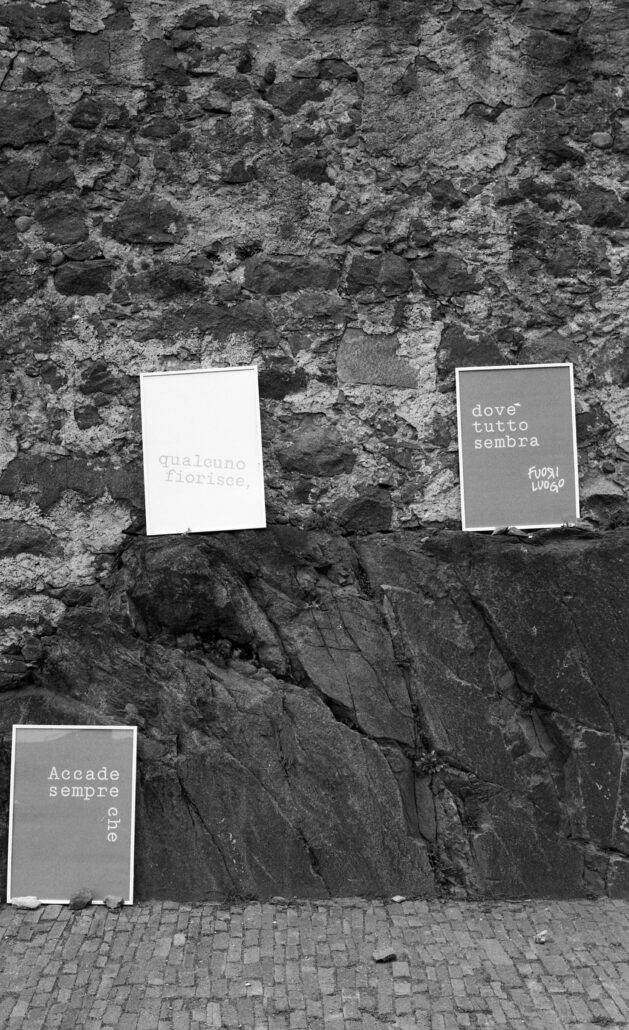
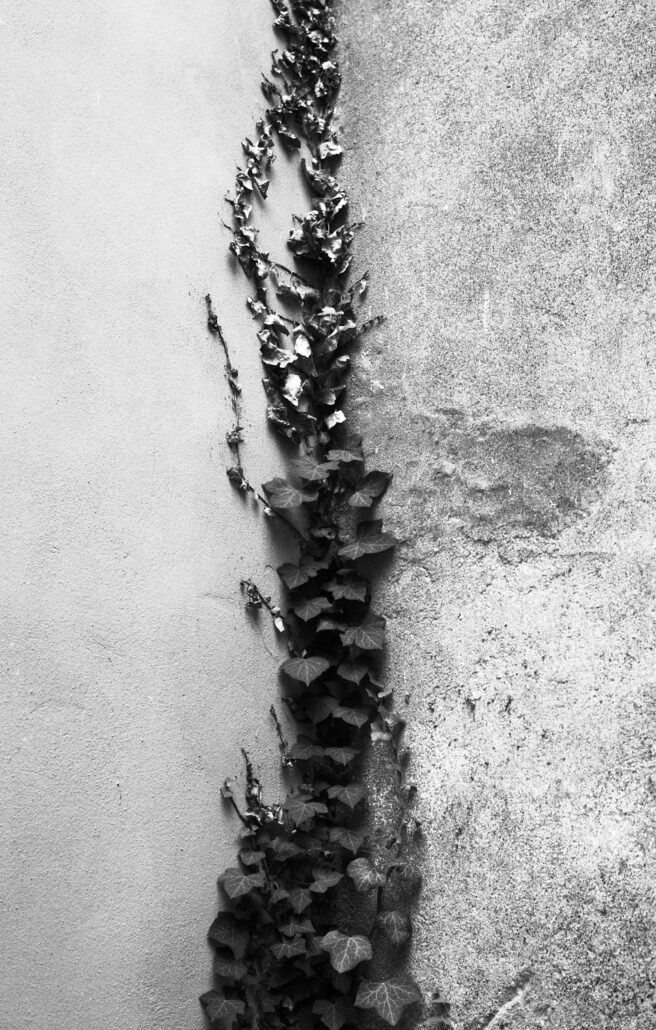
It happened on June 30th, in a symbolically perfect location: the Giardino dei Ciucioi in Lavis (TN), whose very DNA is “out of place.” It’s hard to put into words – it’s a garden unlike any other. It’s a visionary delirium: between illusion and dream, almost like a movie set. Built vertically on a helical ramp, populated with terraces and a greenhouse, and featuring the façade (and only the façade) of a neo-Gothic church. Behind it, just the mountain.
The garden was created in the 19th century by the entrepreneur, intellectual, and idealist Tommaso Bortolotti. He imagined it as a hanging garden inspired by European Romantic models, a place of beauty and thought, where vegetation could climb freely among the panoramic terraces. Today, after decades of neglect and restoration, it has come back to life. And it’s still a place that surprises, defies logic, and embraces contradictions. In one word: perfect for hosting an event dedicated to the out-of-place. Among friends, collaborators, and voices off the beaten path, we gathered – with a threatening but also magical thunder and lightning storm rumbling in the background – to talk, listen, and connect, each with their own language.
Multi-Michelin-starred chef Alfio Ghezzi opened the dances. He arrived in hiking gear, holding a sort of scroll with stylised notes, which he unrolled as he spoke (though never really consulted) and told us about a journey by foot through the Alps, far from inhabited areas, born from a desire for isolation, and where he ultimately discovered a special space: that of forests and woodlands. A place of ambivalent meaning: on one hand, repelling, forbidden, full of fear and to be avoided; on the other, deeply evocative, almost magical, with the aura of an illusory dream. By traveling through these spaces, Ghezzi shows how the act of walking can transform our perspective. It allows us to read the forest not as “other than us,” but as part of a whole. In that movement, he says, we stop being isolated individuals and become part of a collective, an assemblage in which our presence blends with that of the forest, and where the out-of-place ceases to exist.
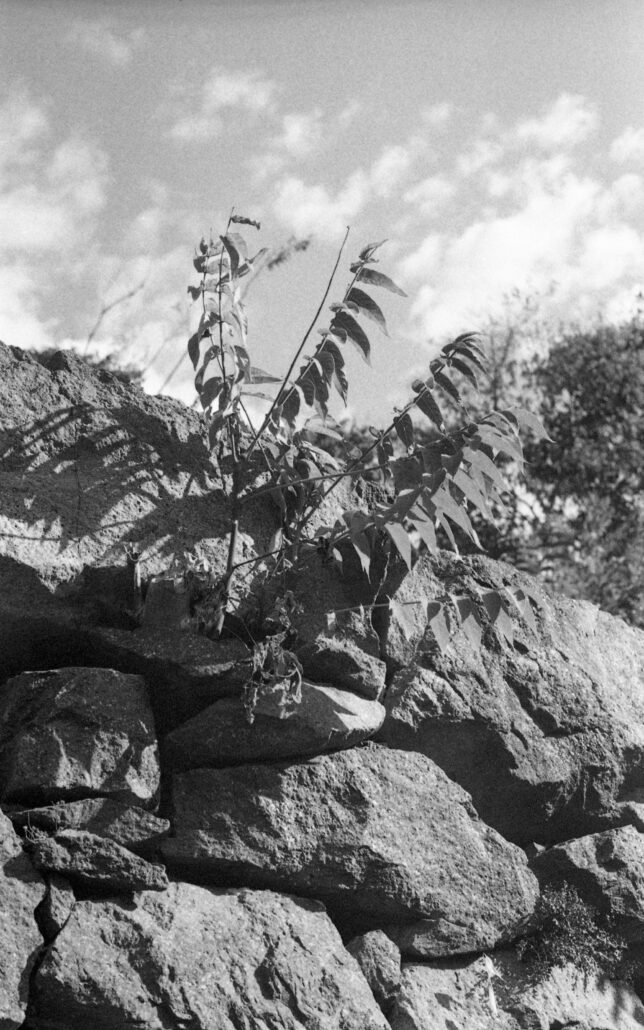
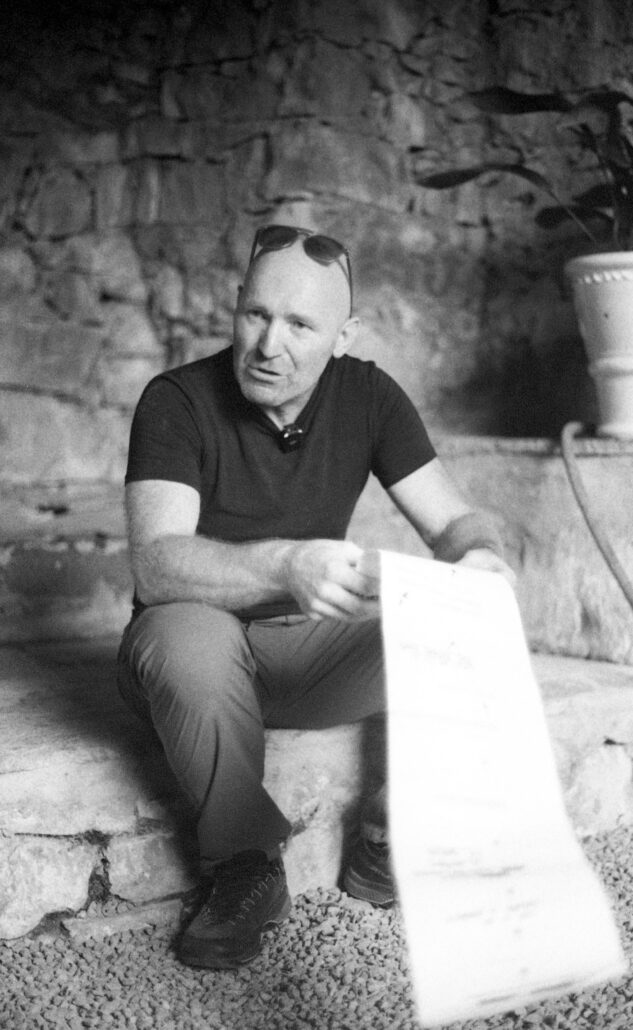
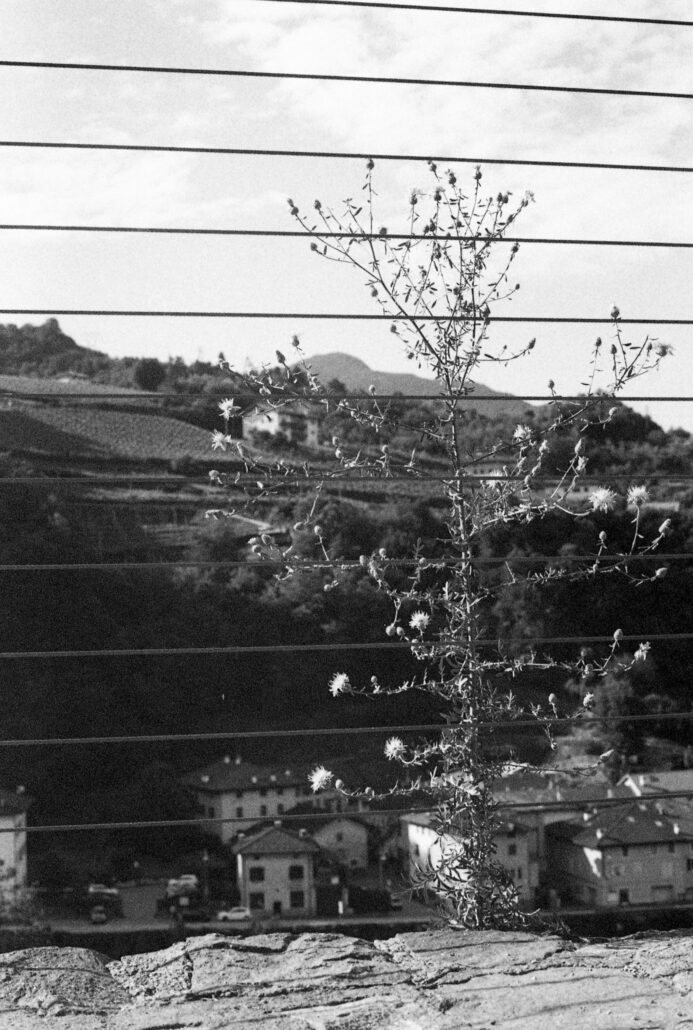
The conversation continued with Mario Trimarchi, designer and architect, who observed that a place is an objective condition: an address, a crossing of meridians and parallels. The out-of-place, on the other hand, is a feeling, a condition of the spirit. But in this conversation, Mario doesn’t focus on either; instead, he draws attention to the threshold: that point between inside and outside, in the territory of semi-darkness. It’s not exactly a boundary, but a place of passage. He invites us to cultivate awareness precisely in these moments of transition, which inhabit our daily lives: “Try spending a day moving from one threshold to another.” (And we’re still trying…)
Gloria Riggio also spoke about “spaces on the edge,” but in verse. Poet and 2023 Italian Poetry Slam champion, she recounted her journey from Agrigento to Trento – a trip from the deep South to the deep North – and shared reflections on the margin as a fertile place, where the most urgent and vital things can take root. It is there, at the edges, in the out-of-place, that the most precious things often bloom. Like the poem she shared with us, Rifugio, written during a residency at a refuge in Trentino, where she uses poetic language as a means to reveal what connects us and to help us feel the pain of others, and that of our land, as our own.
Francesco Haardt, astrophysicist and cosmologist, inevitably brought the audience back into the realm of science and mathematics, but in its own way, remained just as poetic and suggestive. Using a pair of chopsticks, he explained the fourth dimension – that of time – and illustrated the concept of the light cone: there exists a cone within which lie all the “space-time” points representing events that could have influenced the present: the “absolute past”, and all the possible events stemming from the present: the “absolute future.” Everything that falls outside (or out-of-place?) this cone has had or will ever have no effect on the present; this is the “absolute elsewhere.”
Returning to materiality, Carla van den Berg, a young sculptor of Italo-Peruvian-Dutch origins, shared her ideas and reflections on the out-of-place through her works. For the event, she created a series of site-specific sculptures, meaning designed and made specifically for the space, and positioned them here and there, almost leading participants on a treasure hunt to find them. In doing so, she mirrored the behaviour of weeds, which sprout wherever they please, free to be and to act, and above all, to express themselves fully. In doing so, she monumentalised them, stripping away their negative connotations and celebrating them for what they are. For her works, she used materials considered “humble”, such as plaster, concrete, or recycled steel, creating another parallel with weeds, often seen as useless, unusable, or discarded.
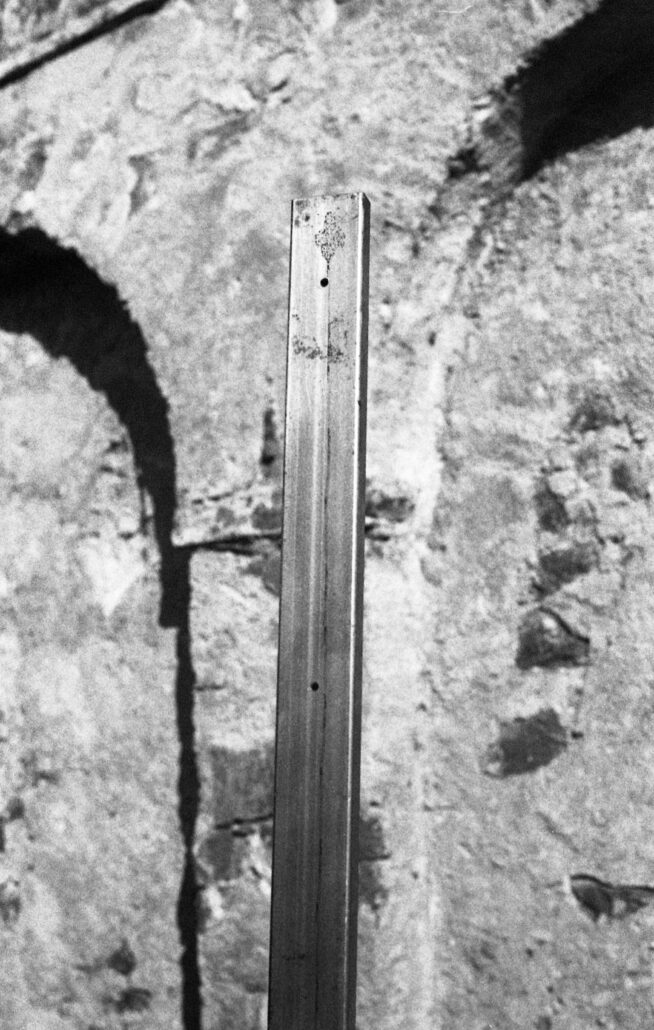
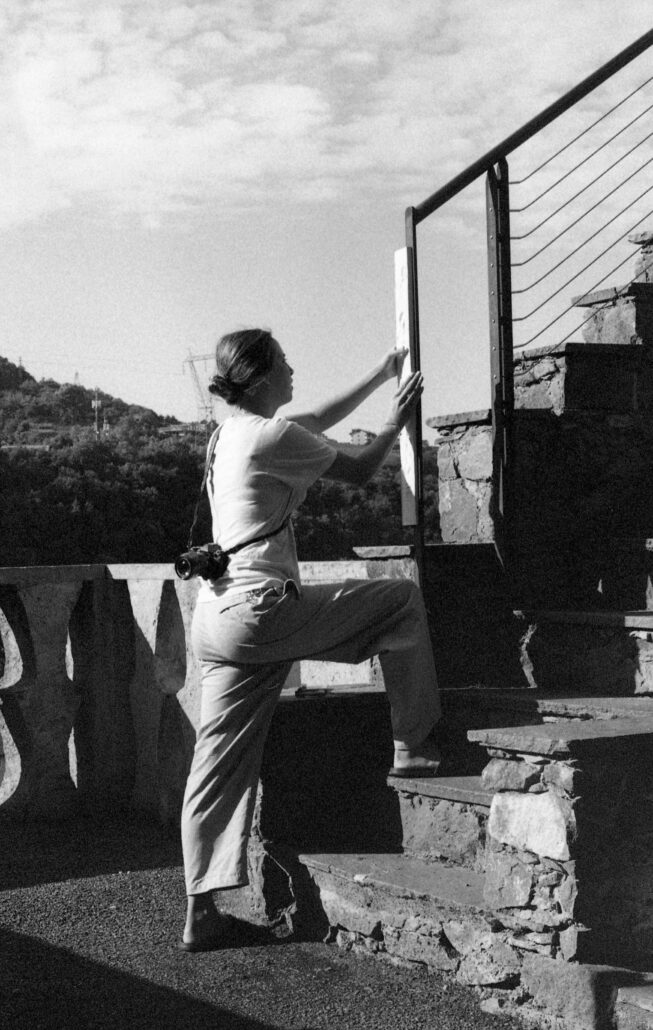
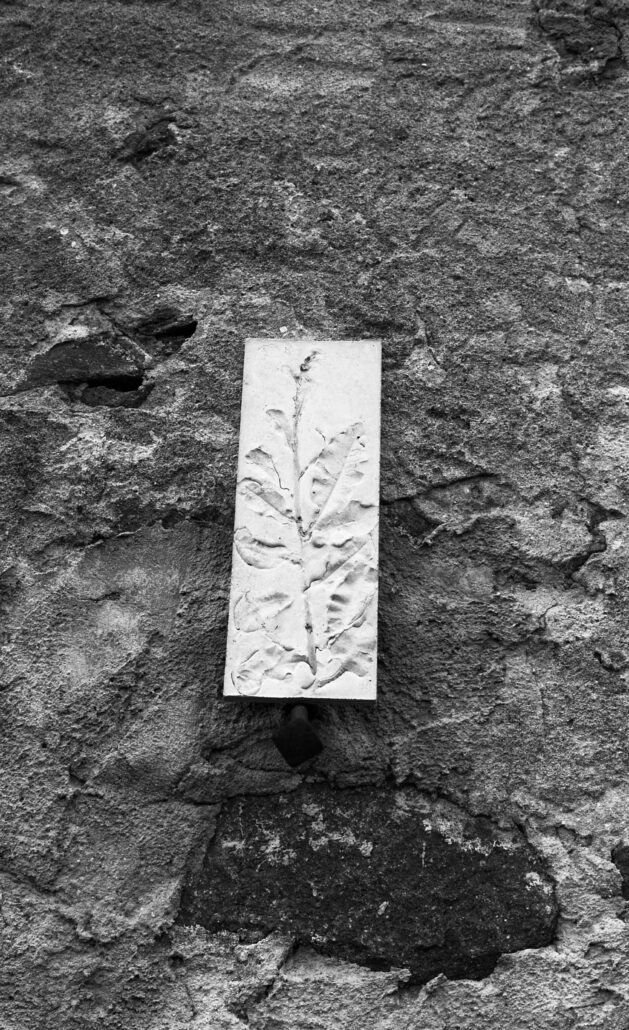
Giulia Caffiero, restaurant manager at the three-Michelin-starred Geranium in Copenhagen, spoke instead about her beginnings, and the disorientation of feeling out-of-place in a new environment, unable to speak the language and feeling not taken seriously. With determination and grit, she managed to carve out a space for herself and create a new one for the industry. This is how she started her path in juice pairings in the world of fine dining, the work for which she is known today, a trajectory that seemed highly improbable, but in hindsight, feels “perfectly hers.”
Finally, there was Nicolle Boroni, a mountaineer, who moved the audience by sharing her personal story: as a child, she lost her right hand in an accident with a meat grinder. For a long time she felt out-of-place, until she found her passion in climbing, without a hand. Today, she can rightly be called a mountaineer, having reached the peaks that convey the title to those who reach the summit. With disarming strength, she shared that if she could go back, she would want it to happen all over again: “It made me who I am. And now I know that out-of-place doesn’t mean wrong”.
Being out-of-place is challenging, but also fertile. And perhaps it is precisely in these marginal spaces that true innovation is born.
With their fifth bottle, Feral invites us to shift perspective, to reflect, and to rethink the out-of-place. That June 30th, in the Giardino dei Ciucioi, with the roaring storm now overhead, we chatted, laughed, and reflected together, savoring glass after glass of that harmonious, fresh blend of weeds, with the rare certainty that we wouldn’t have a headache the next morning. Especially since we’re still trying to grasp the implications of the fourth dimension.
